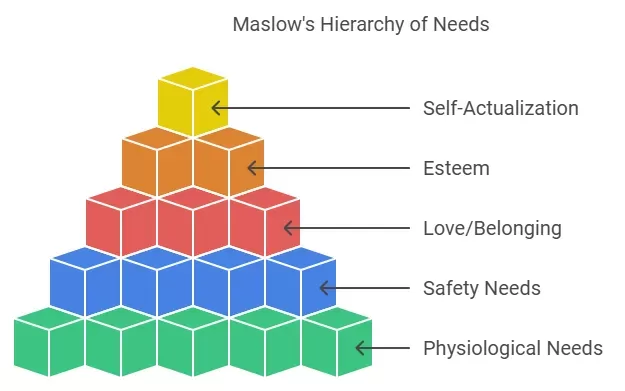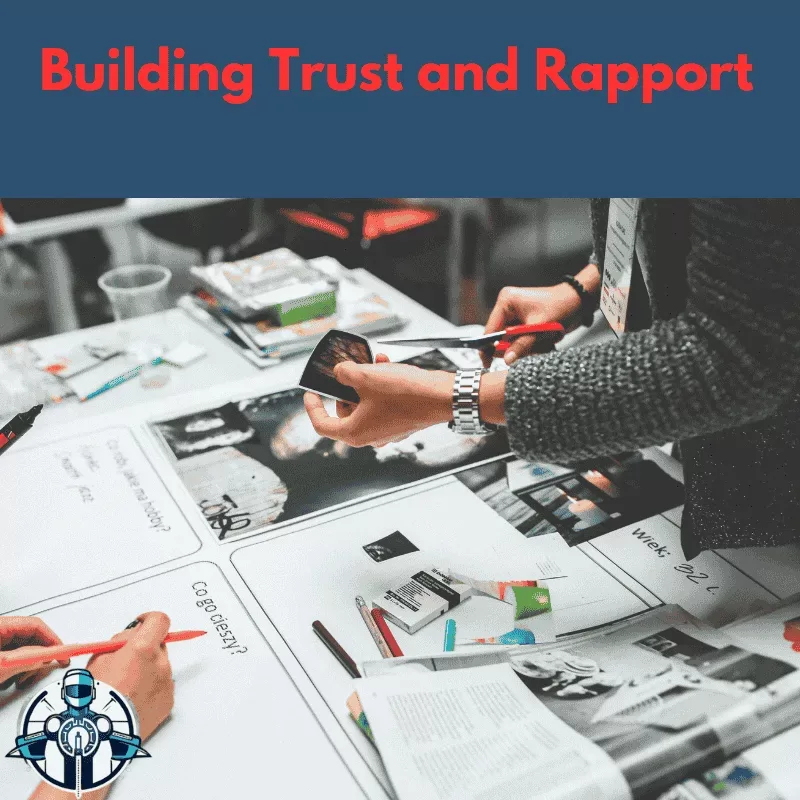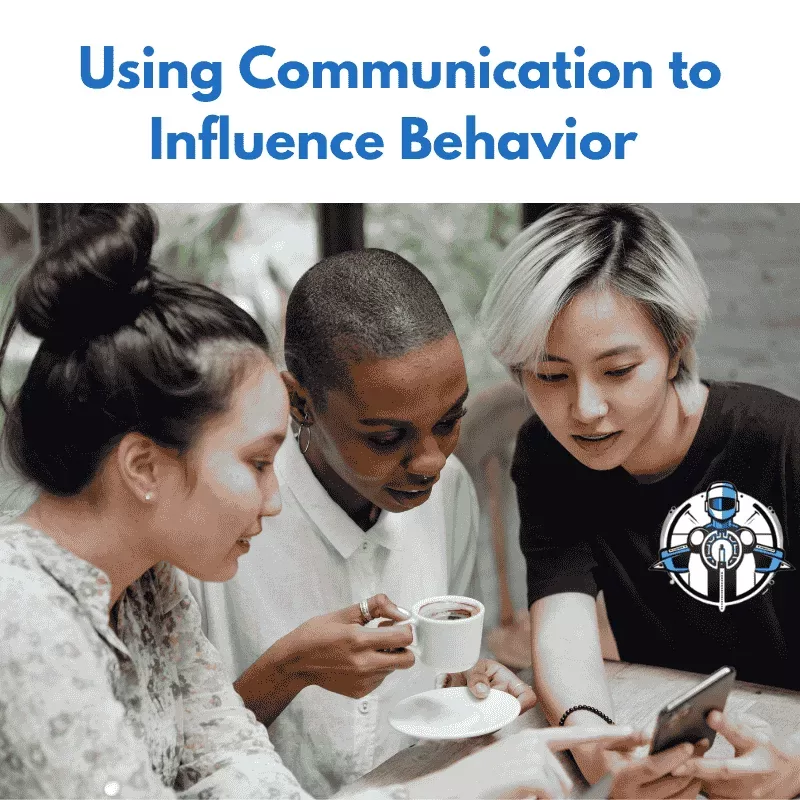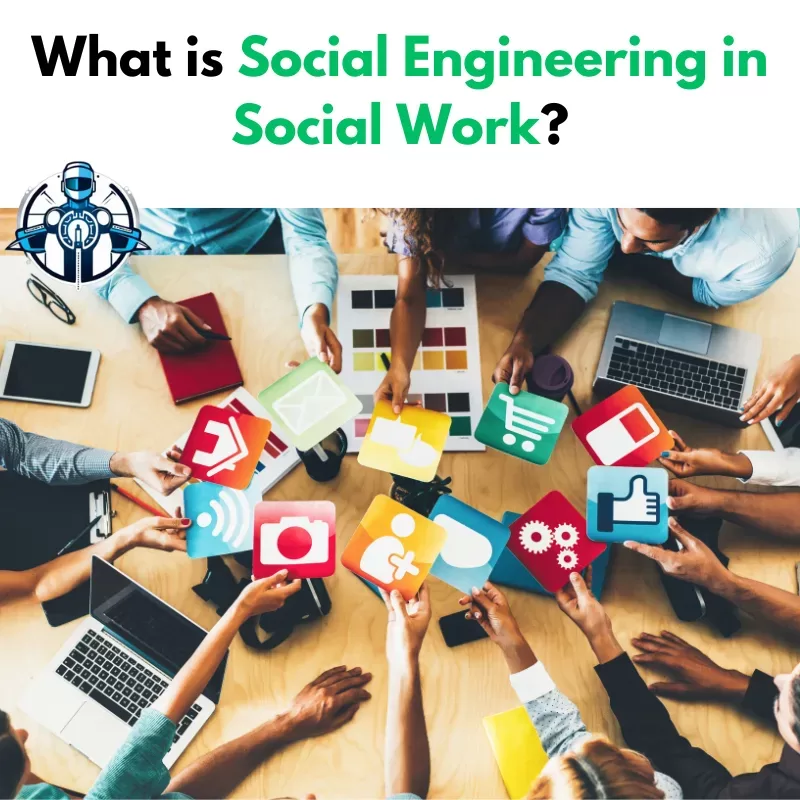Social engineering in social work uses specific strategies to influence people’s decisions, actions, and perspectives. The goal is to achieve positive outcomes. This approach is opposite from the dangerous approaches usually associated with cybersecurity. In that respect, social engineering is a process of bending people for unlawful purposes. Nevertheless, in social work, it provides, directs, and enables persons and communities. The knowledge gained from systems theory enables the social workers to analyze and enable changes within the environments, behaviors, and structures that affect the lives of people.
Listen to Our Podcast on Social Engineering in Social Work:
The Role of Psychology
Social engineering in social work is based on the psyche. It is clear that social workers need to have knowledge of different aspects of psychological theory and ideas. Such knowledge prepares them for interaction with clients. For instance, understanding human behavior like using the hierarchy of needs will enable social workers to realize what has led to the behavior of their clients. It is a sequence of different stages comprising the physical requirements for instance safety needs, and self-actualization needs among others.
Curious about how social engineering is used online? Learn more in our guide: How Hackers Use Social Media for Social Engineering Attacks
Maslow’s Hierarchy of Needs

1. Physiological Needs: Basic needs such as food, water, and shelter.
2. Safety Needs: Shelter and protection from one’s surroundings.
3. Love/Belonging: The precious relationships that involves passion and interact.
4. Esteem: To be appreciated and acknowledge by other people in society and enjoy their respect.
5. Self-Actualization: Personal success and happiness.
They keep in mind where a client is in this hierarchy to develop different approaches to managing it. This leads to better fulfilling of the client’s requirements.
Explore why social engineering is crucial for email security and how it impacts cyber safety: Importance of Social Engineering in Email Security
Understanding Social Engineering in Social Work: Key Concepts
Social engineering in social work revolves around influencing human behavior. It shapes how people think, act, and interact in society. This type of social engineering does not aim at control. But it tries to help individuals and communities change for the better and make the right decision. Thus, in assisting consumers the social workers are able to support in the following ways, because they understand the reasons behind the behavior of the persons.
Here are some key concepts to help understand how social engineering fits into social work:
1. Building Trust and Rapport
Build trust when working in the social work setting. Clients whom social workers meet are normally in vulnerable positions. They have to build trust in order to be able to support their clients properly. Social workers accomplish this among other strategies by listening carefully to their clients and giving them an empathetic ear and respect.

They also always honor their word and deliver on their pledge. Trust enables the client to feel secure. It was established that clients’ security enhances their readiness to receive assistance and directions from the social workers.
Are you looking for a deep dive? Check out our step-by-step guide on What is Social Engineering and How Does It Work?
2. Promoting Positive Social Change
Social workers make positive social changes. They operate at personal and community levels. By educating people about important issues like mental health, poverty, and substance abuse, social workers help individuals make informed choices. Here are some ways they encourage change:
- They offer materials and information to educate people.
- They have support such networks where people depending on their experiences can group together.
- In order to reach more people, they also engage community officials.
3. Creating Safe Environments for Vulnerable Populations
Depending on the situation, some categories of the population are at high risk of experiencing either harm or neglect, including children, pensioners and disabled people. Social workers pay special attention to the welfare of such groups of people. The donors guarantee these groups have conducive and safe environments. This work can include:
- – Connecting individuals with trusted caregivers or services.
- – Monitoring living conditions to ensure safety and health.
- – Teaching individuals about their rights and how to advocate for themselves.
For a cybersecurity-focused perspective, see What is Social Engineering in Cybersecurity? and its impact on data protection
Impacts of Social Media

People are living in a world full of technologies and social media as well. More than half of the population of the earth uses the social site regularly. People getting connected, sharing ideas and information around the world through social media. In different ways, social media has impacted people’s lives positively and negatively.
Effective communication is a key to achieve success in every organization
4. Addressing Barriers to Access
Social workers make it possible for those in need to access assistance in one way or another. Such barriers may comprise language, transportation issues or lack, or financial problems. By so doing, social workers develop ways of handling these barriers that restrict access to the services. Some methods include:
- – Translated documents for people speaking different language than a target audience.
- – Providing expectant mothers with free or cheap means of getting to their appointments.
- – Providing clients with link to financial support services.
Prevent common online scams by understanding phishing techniques in our article: What is Phishing and How Do I Prevent It?
5. Using Communication to Influence Behavior

Social workers use effective communication to inspire positive behavior changes. They tailor their communication style to meet each individual’s needs and background. This helps make information relatable and understandable. Some techniques include:
- – Simplifying complex topics for easier understanding.
- – Using visual aids or examples that are relevant to the client’s life.
- – Ensuring they use non-judgmental language to create a welcoming space.
Social engineering in social work empowers individuals and communities to lead healthier and safer lives.
Learn the key differences between social engineering and phishing attacks here: Social Engineering vs Phishing: A Detailed Guide
FAQs
What is the definition of social engineering in society?
Social engineering in society means using techniques to influence people’s actions or decisions. These methods aim to shape social behaviors, norms, and beliefs for positive outcomes. Sometimes, they can be deceptive as well.
What is the attack surface of social engineering?
The attack surface of social engineering includes any place where people can be influenced or manipulated. This could happen in person, over the phone, through emails, or on social media platforms where individuals share information or make decisions.
What role does psychology play in social engineering?
Psychology plays a key role in social engineering. It helps us understand how people think, feel, and respond. Social engineers use these insights to predict behavior and influence people’s decisions or actions.
Final Words
Social engineering in social work focuses on helping people makes positive changes. It uses trust, communication, and understanding to guide individuals and communities toward better choices. By applying these techniques, social workers support vulnerable individuals and help build safer, healthier societies.











